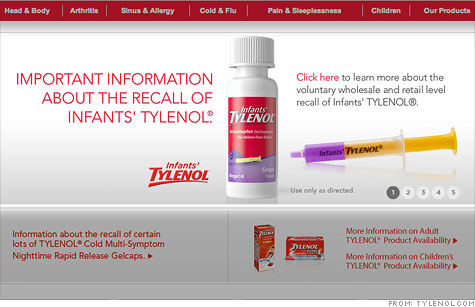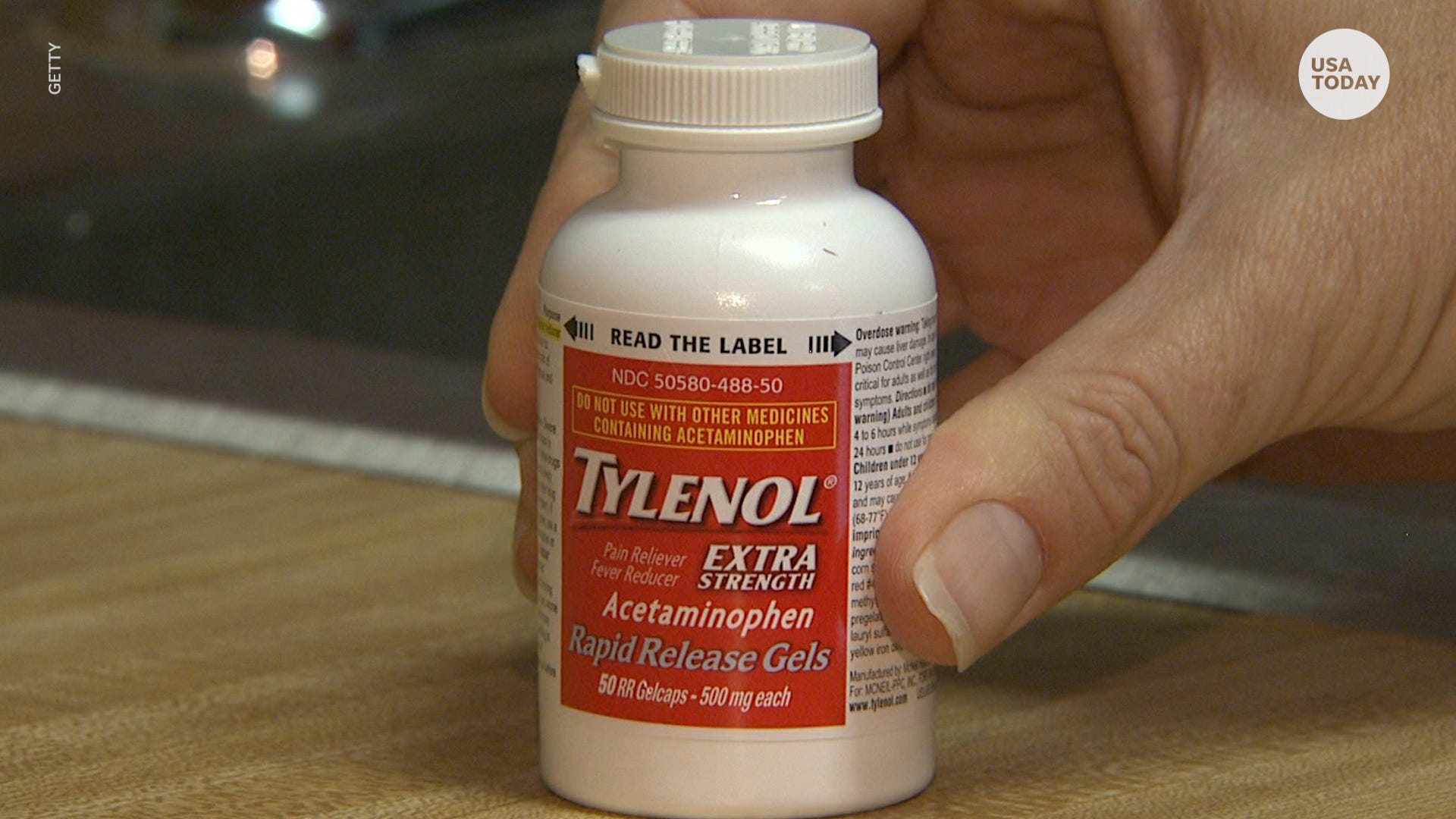

Keep the medicine bottle handy so you can provide the doctor with the exact ingredients in the medicine. Seek medical attention immediately if you suspect potential overdose on any cough or cold medication. Coma (Serious poisoning of cough suppressants or codeine).Hallucinations and seizures (serious poisoning of antihistamines).Signs of an overdose on cough or cold medicine in children include: Signs of cough syrup overdose in infants, toddlers and children Signs of paracetamol overdose in childrenĮarly signs and symptoms of possible paracetamol overdose are nausea, vomiting, lethargy and right upper abdominal pain. Difficulty in passing urine or having a bowel movement.Loss of coordination and slurred speech.Hallucinations (seeing or hearing things that are not there).Hyperactivity at one extreme, and deep, difficult-to-rouse slumber at the other.Uncontrollable restlessness or agitation.Dizziness, palpitations or laboured breathing.Vomiting, gastrointestinal pain, nausea or diarrhoea.How can you tell if your child is experiencing a drug overdose? Symptoms and signs can vary according to the child's age, weight and size, as well as the type and dosage of the medicine he or she took. Some Chinese herbs may also contain similar ingredients found in Western medicine, resulting in overdose when consumed together. Western and Chinese medicine are consumed togetherĬombining prescription drugs with complementary and alternative medicine increase risk in herb-drug interactions. Always appoint an adult in the family to be the primary medicine dispenser so the child is not accidentally given an extra dosage. Medicine comes in different forms, concentrations and doses for adults and children and should not to be shared. Medicines are shared among children and adults As such, the effects of medication last longer and do not need to be taken as often. Extended-release medicine is given to your child too often (not enough wait time in between dosages)Įxtended-release medicine is formulated so that the drug is released in gradations over time. Close child-resistant caps until they click. Store medicine in an area that is difficult for your children to access. Medicine is not kept out of the child's reach or sight An example of this is giving Panadol for pain relief as well as NyQuil or Robitussin for cold, as both contain acetaminophen/paracetamol. Make sure you're not giving your child 2 products containing the same active ingredient as that may lead to a drug overdose. 2 or more types of medicine are prescribed at the same timeĭifferent medicines may contain the same active ingredients, such as acetaminophen or paracetamol. Always read labels carefully and use the measuring cup, syringe, spoon, or dropper that is packaged with the medicine. This can happen if there is a mix-up between the doctor's orders and the dispensation of the medicine by the clinic nurse or well-meaning parents who want to relieve their child's symptoms as soon as possible.

Fatalities are most often caused by overdose of analgesics (painkillers), followed by antihistamines (for allergies) and sedative-hypnotic-antipsychotic drugs (used to reduce tension, relieve anxiety and induce sleep). In Singapore, paracetamol and ibuprofen overdoses are cited to be one of the top drug-related emergencies among children in Accident & Emergency (A&E) departments. The mom had been instructed to give the child 10ml of Fedac 3 times a day, when according to Health Sciences Authority, a child under the age of 2 should not consume more than 2.5ml per dose. In 2017, a 14-month-old boy in Singapore was allegedly dispensed 4 times the dosage of Fedac syrup – a cough medication – for his age, and was rushed to the hospital when his mother could not rouse him from a deep sleep. The mistake could be from a prescription by a paediatrician, dispensation of dosage by a healthcare professional, or simply unsupervised kids getting their hands on the pills and popping them like candy. It is every parent's nightmare – to discover your child limp and unresponsive from an overdose of paediatric meds.


 0 kommentar(er)
0 kommentar(er)
